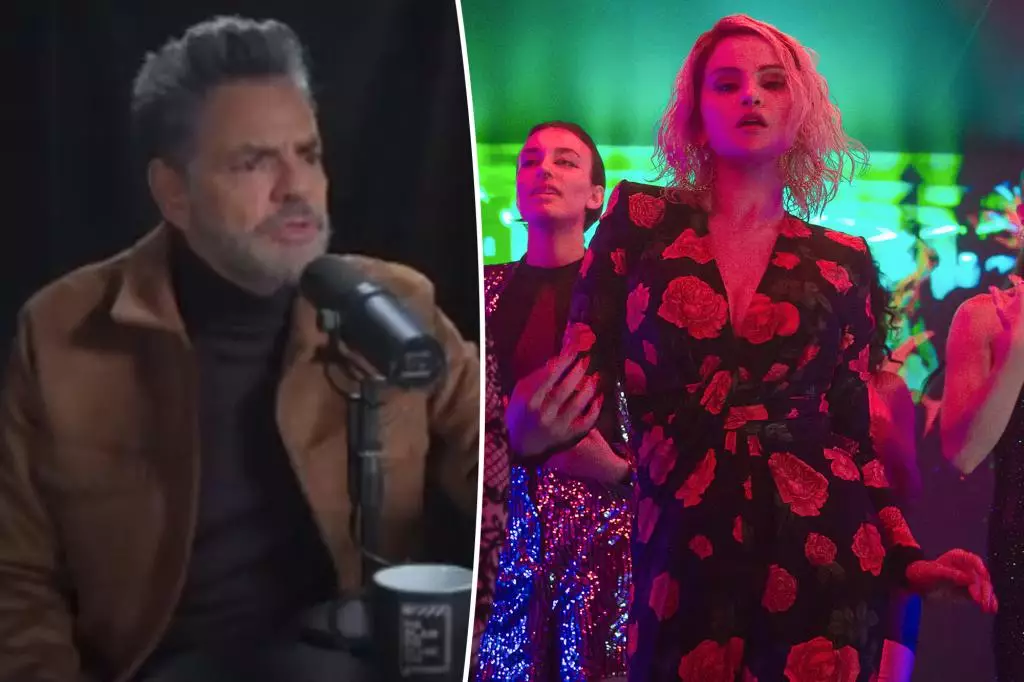In the realm of contemporary cinema, the intersection of language and cultural representation often ignites passionate discussions. Recently, Selena Gomez found herself at the center of such discourse following comments made by Eugenio Derbez about her Spanish language performance in the movie “Emilia Pérez.” Derbez, a respected figure in the Latin entertainment industry, labeled Gomez’s Spanish skills as “indefensible” during an episode of the “Hablando de Cine” podcast. His remarks ignited a wave of attention on social media, shedding light on the challenges faced by bilingual actors in Hollywood.
Instead of responding with hostility, Gomez struck a composed and respectful tone in her reaction. She publicly acknowledged Derbez’s criticism but asserted her commitment to giving her best effort in the film, stating, “I’m sorry I did the best I could with the time I was given.” This gracious comeback underscores her understanding of the demanding nature of acting, particularly when navigating a language that is not one’s mother tongue. Gomez’s approach also brings to attention the emotional investment that actors pour into their work, regardless of linguistic hurdles.
The criticisms leveled against Gomez, amplified by podcast host Gaby Meza, reignite the debate surrounding language fluency and its impact on performance. Meza’s comments suggested that Gomez’s lack of fluency might hinder her ability to imbue her character with the necessary nuance, highlighting a prevalent concern among bilingual actors. This discourse invites us to consider how language proficiency influences not only the actor’s performance but also the authenticity of the cultural narratives being portrayed on screen.
Derbez’s comments also tapped into broader issues regarding cultural oversight in film production. He expressed discomfort with the concept of a non-native Spanish-speaking director helming a film deeply rooted in Latin culture. Drawing a parallel, he stated that creating a film in Russian without understanding the culture would be equally odd. This perspective sheds light on the importance of authentic representation and linguistic authenticity in films that portray specific cultures.
After the backlash, Derbez recognized the inappropriateness of his earlier comments and issued an apology via TikTok, emphasizing the need for unity among Latino creatives. His acknowledgment of the importance of support within the community shows a willingness to learn from his missteps. This incident serves as a critical reminder of the power of words and the responsibilities that come with them, especially in a culturally diverse landscape.
Selena Gomez’s experience illustrates the challenges that come with bridging cultures in the film industry. Her dignified response and Derbez’s subsequent apology suggest an essential dialogue is emerging among artists about cultural representation, the expectations placed on them, and the importance of mutual support. As the industry evolves, such conversations will be crucial in fostering a more inclusive and understanding environment for all artists, regardless of their linguistic backgrounds.

